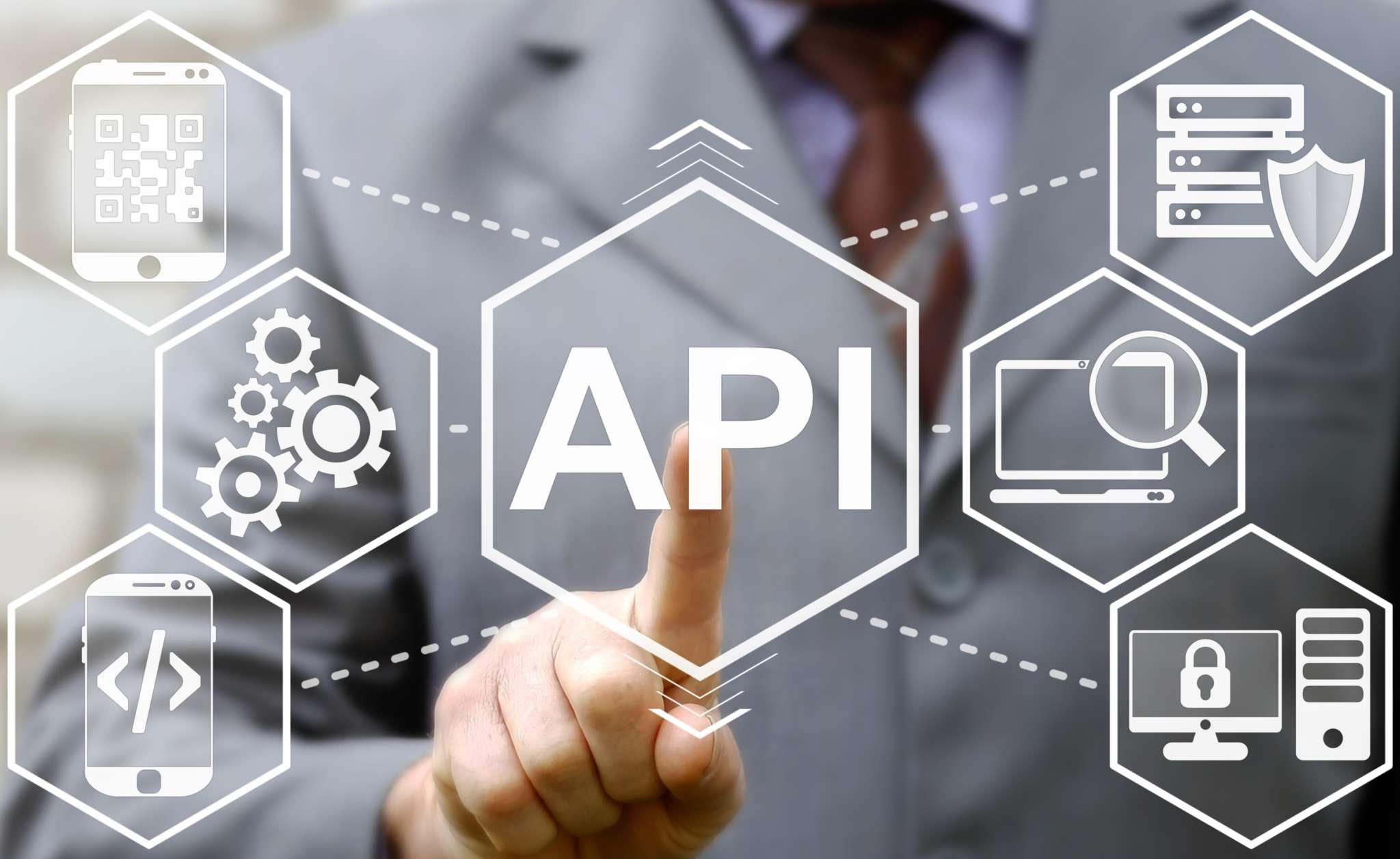P&C insurers are evolving with smarter, more accessible technology.
Similar to the banking industry, heightened technology allows for efficiency and innovation. Many incumbent insurers are looking toward ways to compete in a more digital world, switching from legacy systems to cloud-based systems.
WaterStreet Company has developed cloud-based P&C Policy Administration Software with an advanced API capable of connecting insurers to any number of third-party vendors.
What is an API?
An Application Programming Interface (API) is a secure portal between disparate data in two solutions. APIs are designed to open gateways and allow data to streamline into your solution in a manageable format. Information can be securely transmitted between two solutions, such as an insurer’s P&C insurance solution and a third-party vendor.
Why are APIs Important?
APIs open doors for insurers that were once impossible. Insurers are limited in a number of ways with the data currently stored, including many legacy systems that may have been designed as an all-in-one solution 10 years ago but are now missing out on cloud-based connections.
APIs also allow for an improved customer journey. APIs are meant to streamline the function of data between two systems so that by the time new data reaches your P&C insurance solution it is communicated in a meaningful way. Depending on the purpose of the API, it could be either for internal use by an employee or external use by a customer. Our team at WaterStreet Company has taken special notice of reporting solutions:
“We’ve found many insurers are seeking Stat reporting solutions. ISO is the biggest and best known, while AAIS is one of their competitors and aims to reach the level of ISO. AAIS targets many smaller carriers and is often engaged in farm-related insurance. WaterStreet Company has the capabilities to integrate with any number of Stat reporting solutions.”
– Lesli Bishop, Business Analyst
The data shared between solutions is securely accessed so that the API only accesses necessary information between each solution, eliminating vulnerabilities to either side’s full database.
The P&C Insurance Industry is moving towards an API ecosystem. Insurers that choose to open their insurance systems to communicating with outside data are at an advantage by bringing more contextual data into their system.
P&C Insurance API Use Cases
1. Payment Processing
Securing payment can be made easier through APIs. Customers want the freedom to pay with multiple options, such as through ACH, credit/debit card or through a platform such as PayPal. Scheduled recurring payments are also made possible, providing more secure options for making payments over time. Some vendors provide the ability to generate invoices efficiently for B2B payments, dramatically cutting the time it takes to submit a purchase order.
A third-party billing solution, such as the Forte platform, can be integrated directly into an insurer’s solution through an API so that when a customer reaches the final step to submit payment, they are given quick and simple methods to complete the transaction. Many P&C insurance software providers may provide integrated billing with core software, such as WaterStreet Company’s, and integration vendors can connect seamlessly for more billing methods.
2. Risk Assessment
For 2021, many insurers are aiming to improve efficiency in underwriting. APIs are especially helpful in underwriting as unique data can be pulled into your system for better informing risk assessment.
These API connections can range from property data vendors for pulling in historical data on properties into your solution to precision geolocation vendors for zeroing in on satellite data. Geolocation data provided by companies like Hazard Hub, can show accurate perimeters around a property for determining flood and fire risk. Rating by peril has risen to popularity for pricing based on proven risks to a single property.
The Internet of Things (IoT) is a quickly rising trend in P&C insurance, allowing insurers to collect data on properties for risk assessment, such as usage-based data on driving behavior or sensor data within homes, including flood sensors, smart lock sensors and more.
3. Claims Management
All policyholders expect a fast claim process. There are many types of vendors that can offer integrations to enhance efficiency and satisfy customers with quick claims settlements.
The FNOL is a critical moment in the claims process, setting a timer on how long it takes to resolve the claim before further losses add up. Integrated self-service claims vendors, such as Livegenic, can allow customers to submit the FNOL through an app by taking pictures, video, calling and submitting notes on the claim. This information is logged in the P&C insurance solution for saving all policyholder information in chronological order. This type of integrated solution can also allow for self inspections, saving time on waiting for a TPA to assess the property by allowing the policyholder to share pictures and video in accordance with what the insurer requests.
4. Document Management
Document management is a core module in WaterStreet Company’s P&C Policy Administration Suite, but not all InsurTech providers include this type of solution. Document management solutions consolidate all documents related to the policyholder and can automatically create templates, such as binding agreements. Policyholders have access to their documents at any time with a white-label portal, providing them simple and quick access when they need it.
Integrated vendors may also assist with e-sign documents and additional documents created within the company unrelated to policyholders. WaterStreet Company’s cloud-based solution has a built-in document management system already loaded into our Policy Administration system and integrates directly to our back office services, supporting you with affordable full-service software and BPO without having to manage multiple vendors.
Insurance API Provider: WaterStreet Company
WaterStreet Company offers the advantage of being a one-stop shop for nearly endless capabilities. Not only are we capable of connecting to any number of third-party vendors, we offer an all-inclusive Policy Administration suite with claims management, billing, document management, reporting and more built in.
Our Business Process Outsourcing (BPO) services can also extend into back office administration, customer service, mail distribution, and policy administration to offer insurers deeper efficiencies baked into a single contract rather than seeking BPO services individually.
Reach out to WaterStreet Company today to request a consultation and demo of our solutions.





